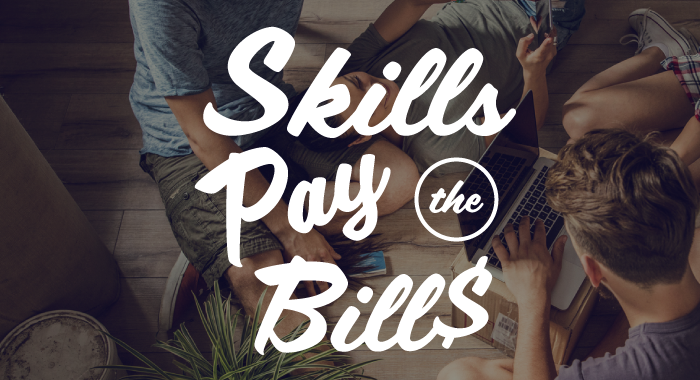In cases where you graduate owing nothing, debt has a funny way of finding you a few months or years later. It’s common to be excited in your early years of living alone in the real world for the first time, and this can lead to being lax on monthly payments, and other seemingly out of nowhere lifestyle costs.
Most common of all is qualifying for your first credit card, maxing it out, and going for a second. Not only does this lead to small fortunes in debt, it also leads to low credit scores that are challenging to raise. Not knowing how to use a credit card is not exclusive to your student days.
To manage debt, especially credit card debt, in your 20s, there are a few practices and tips to follow that will make the process less difficult, and even rewarding in the long run.
Pay It Off Fast
One option when you find yourself in debt is to find ways of paying it down fast. Best in the long term when researched and done right, finding a quicker payment option will give you peace of mind to later build back up a clean financial record.Two ways to pay off your debt are to sign up for a low or zero interest card and transfer your debt to that during the promotional period of said card, or take out a personal loan to manage the debt. The second option is more of a financial band aid, though it quickly puts you in a better position to regain stability.
What’s vital here, regardless of which option you choose, is to prioritize debts with high interest rates. Pay these off first, then focus on lower interest rate debts. Though be careful not to go for the fast route unless you believe you can afford it. The last thing you want is more debt.
Budget, Budget, Budget
If paying off debt quickly is not in the cards, you may have to get disciplined and make a plan, so that while you slowly pay off your debt, you aren’t incurring more.Budgeting well should always lead to ending each month on a positive balance. This is helpful in putting small amounts away toward an emergency fund.
If your debt is based solely on shoddy use of credit cards, then try to stop using them for awhile, or only use them when absolutely necessary. Withdraw cash for day to day costs and important known expenditures, don’t spend any more than that amount, and you’ll find yourself being much more responsible and saving a lot.
In fact, creating spending boundaries is one of the best ways to stop adding to your debt, and saving to pay off everything quicker than expected. For example, set yourself the goal of spending 30% or less of your monthly income on housing. Try giving up what you don’t need for awhile - it’s not pretty, but often necessary to getting to that safer financial situation.
Build Credit
Building credit and getting out of debt are different, to be clear, though it’s not a bad idea to start working on your credit while working down your debt. This is even possible when the debt is strictly from credit card usage.It’s important to not rack up additional debt with new or existing credit cards. Instead, keep your balance low (between 30% and 50%, erring toward 30%), so that you’re reporting very positively to the three main credit bureaus. By the time you’re out of the debt woods, you’ll be in a great position to qualify for mortgages and car payments.
Best of all is to combine a bunch of these practices. Budget smart, use cards wisely, and actively find ways to put money aside to pay off your debts. Be disciplined with your personal finance, and don’t beat yourself up over debt - it may take longer than you’d like, but being debt free will ultimately be worth it.





